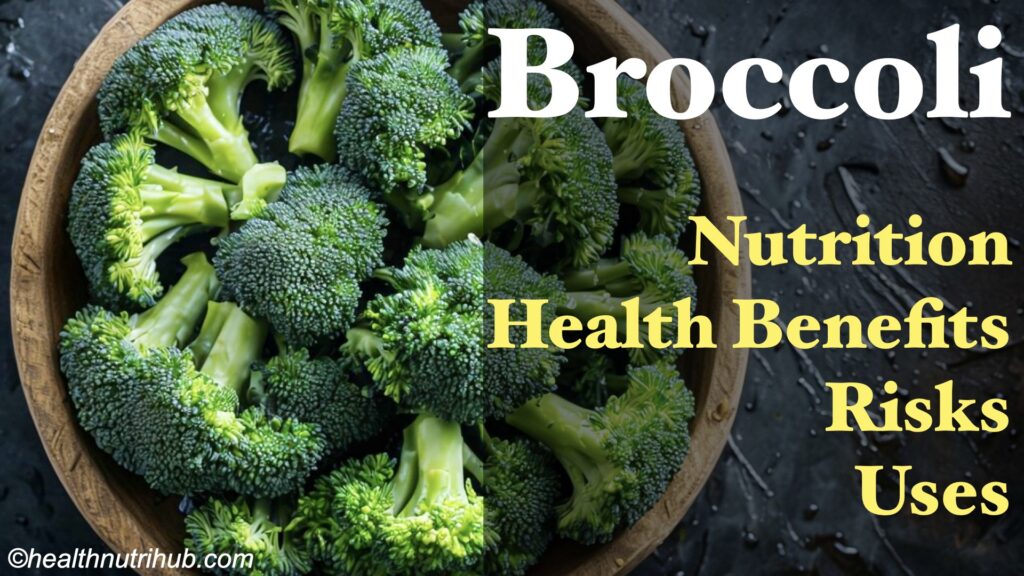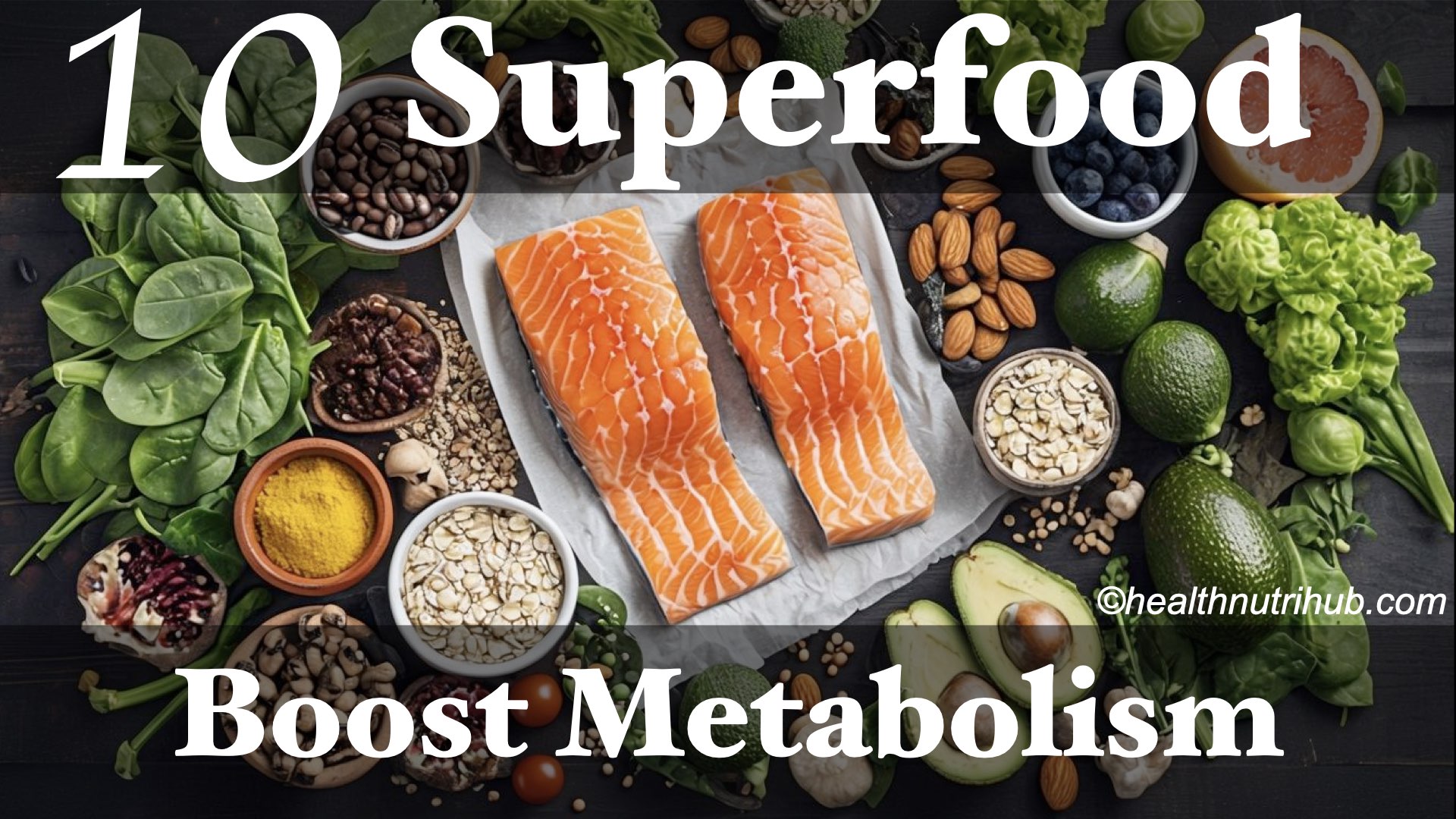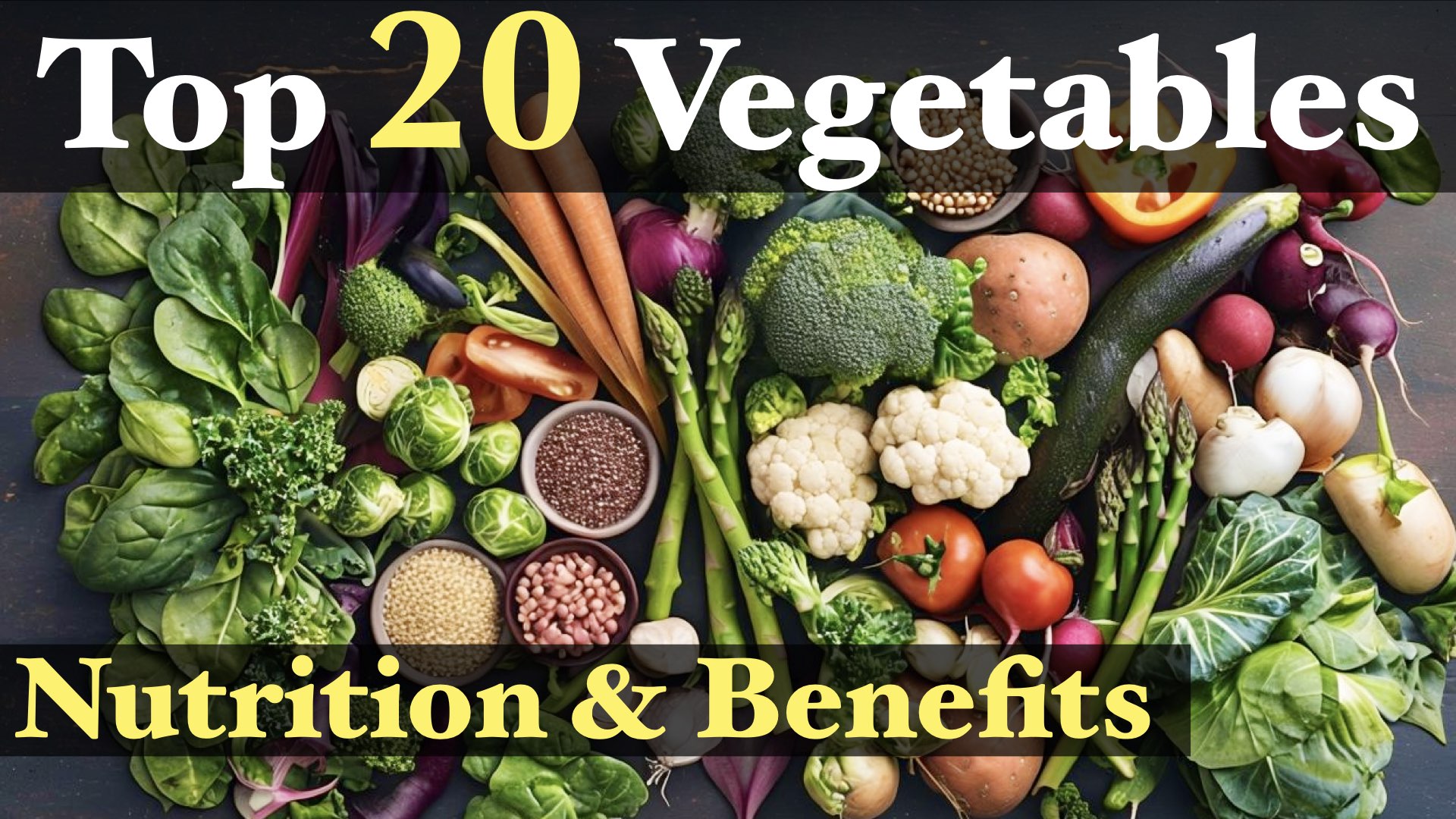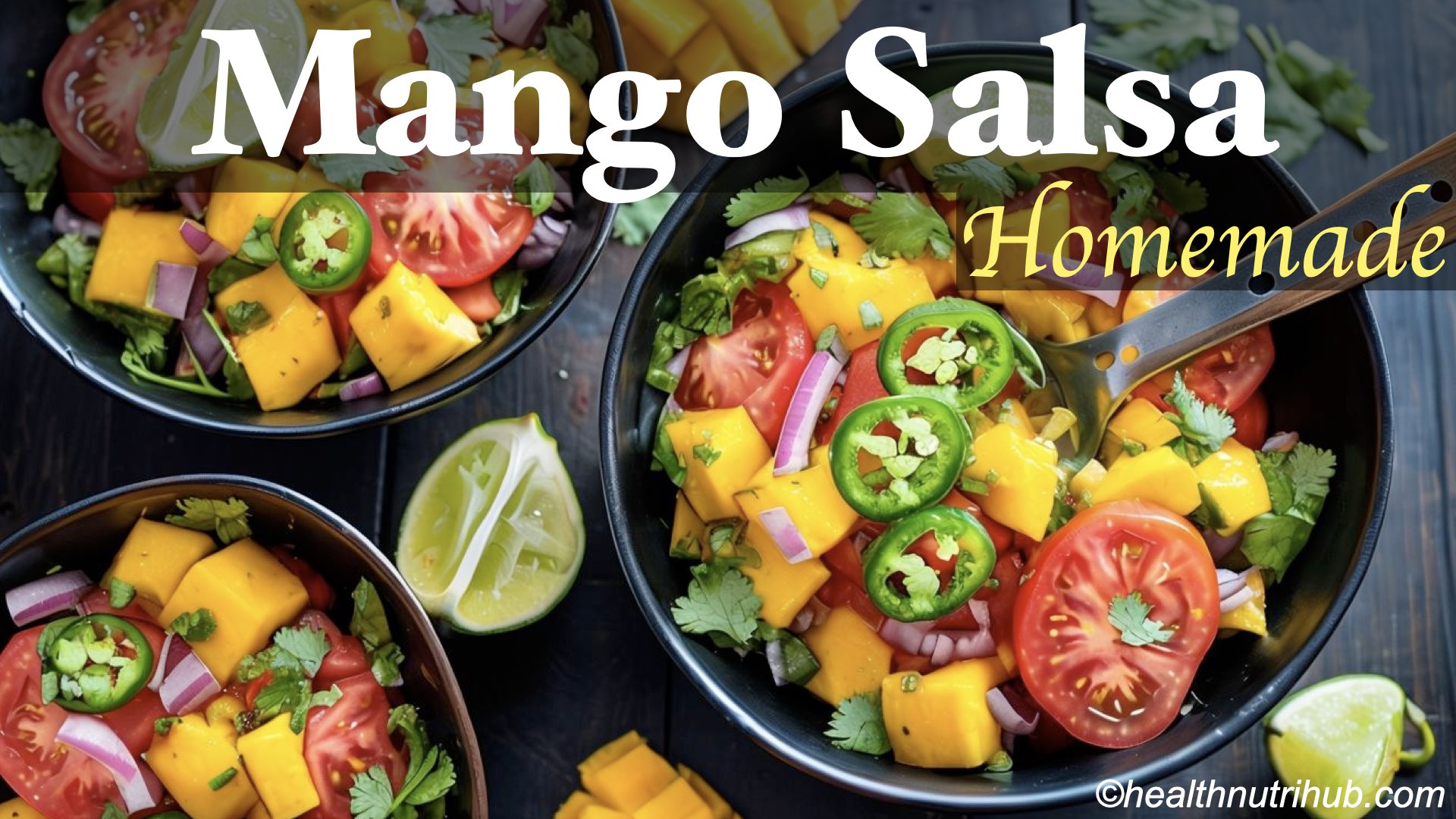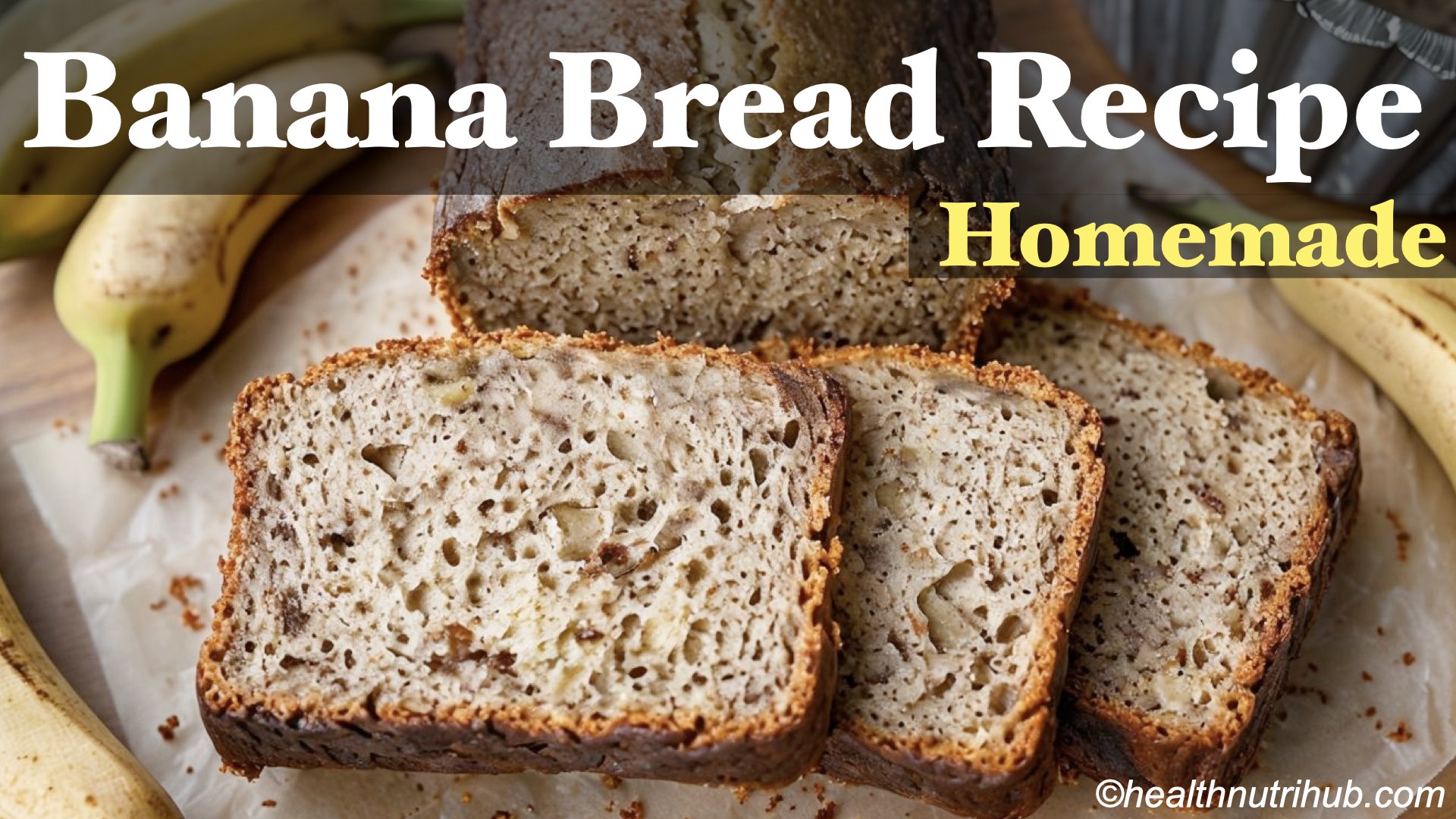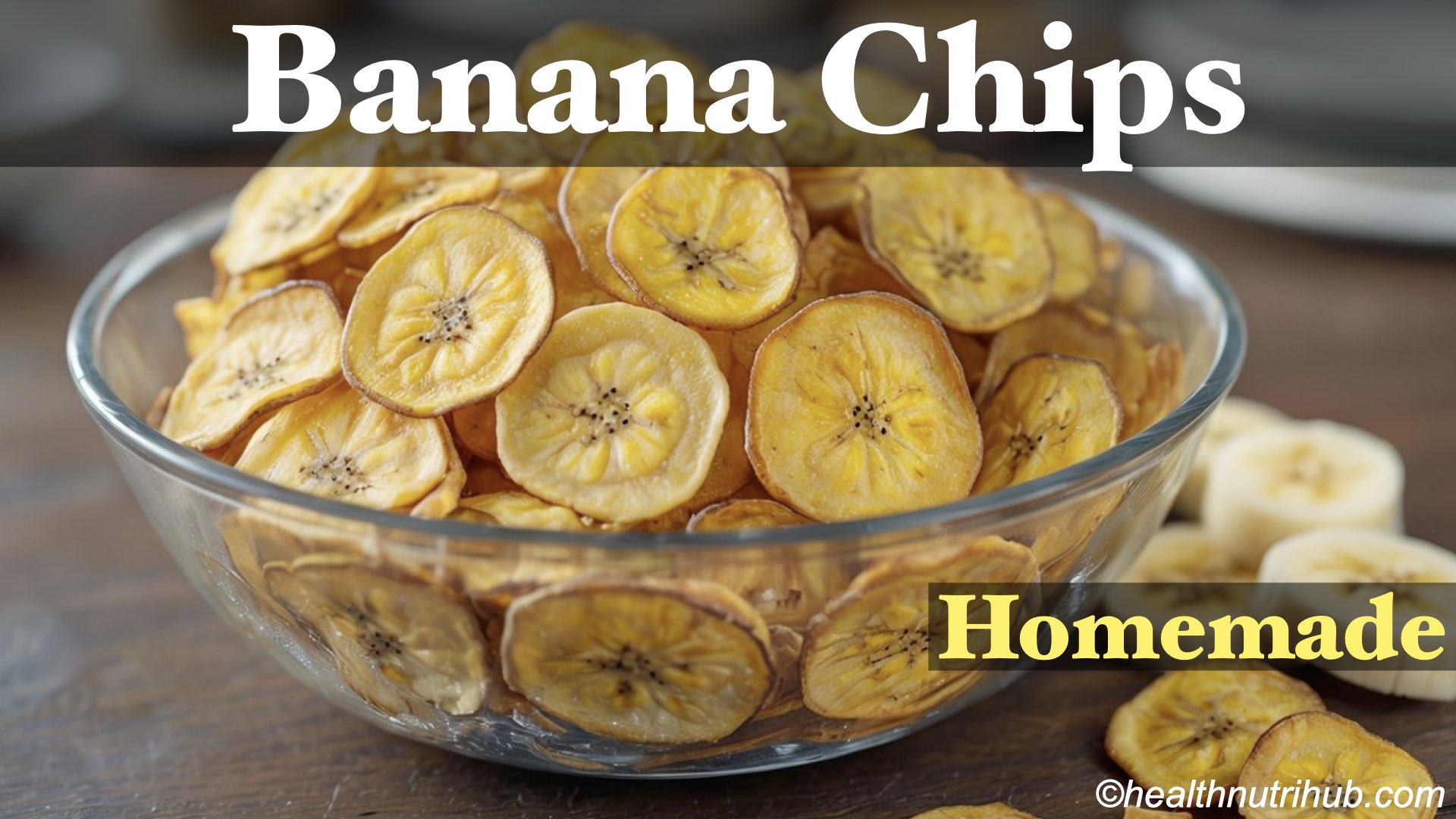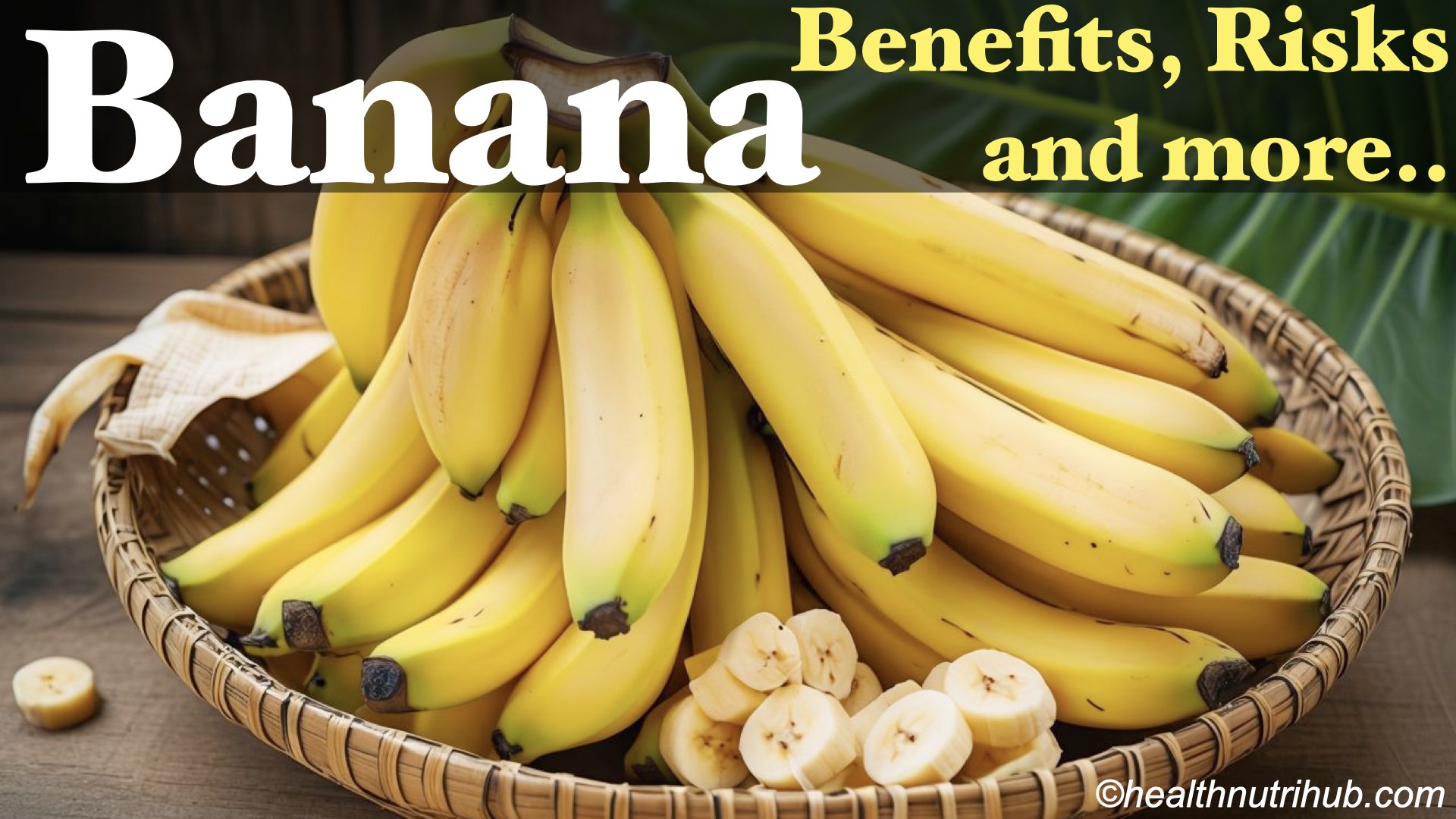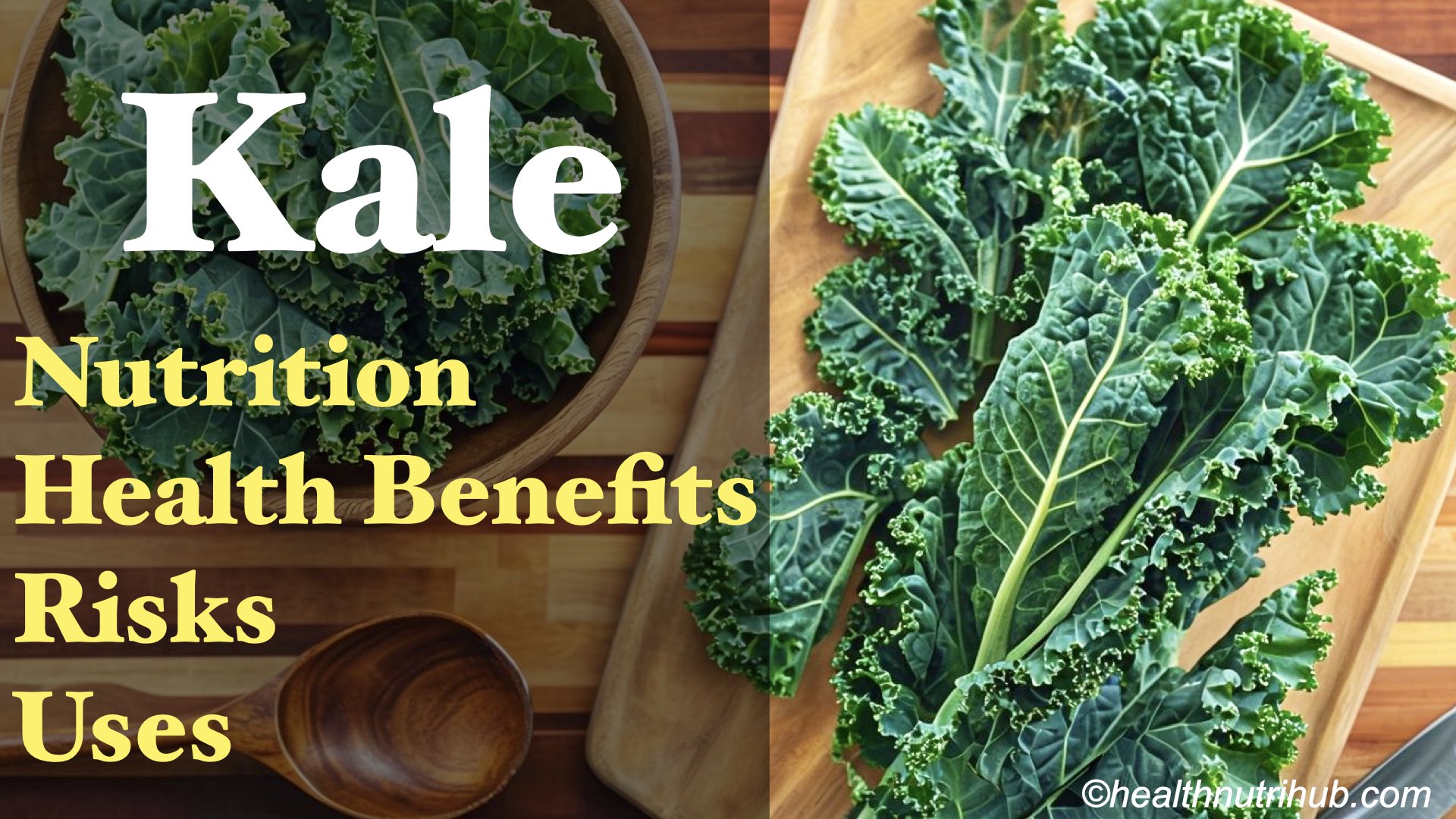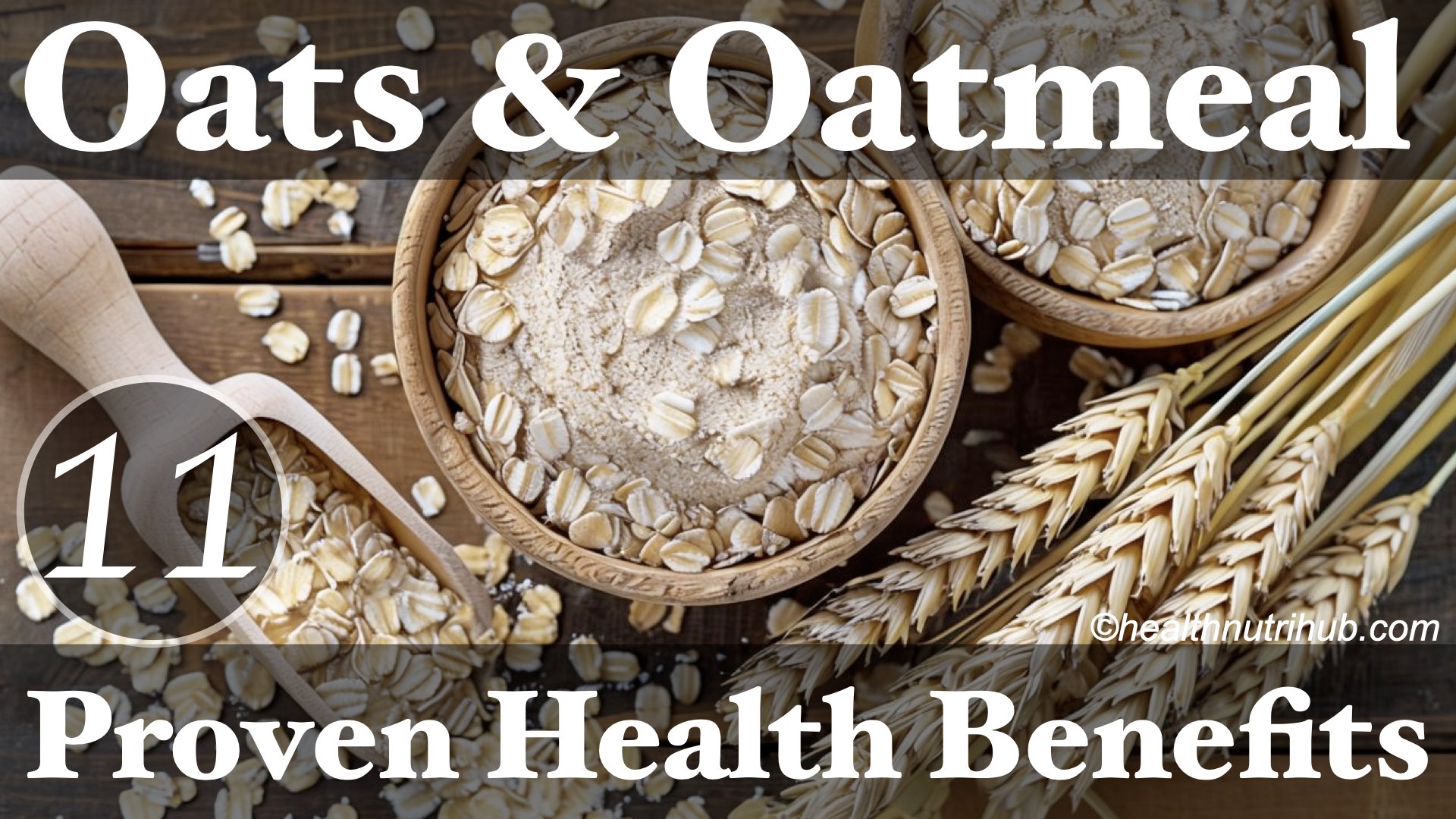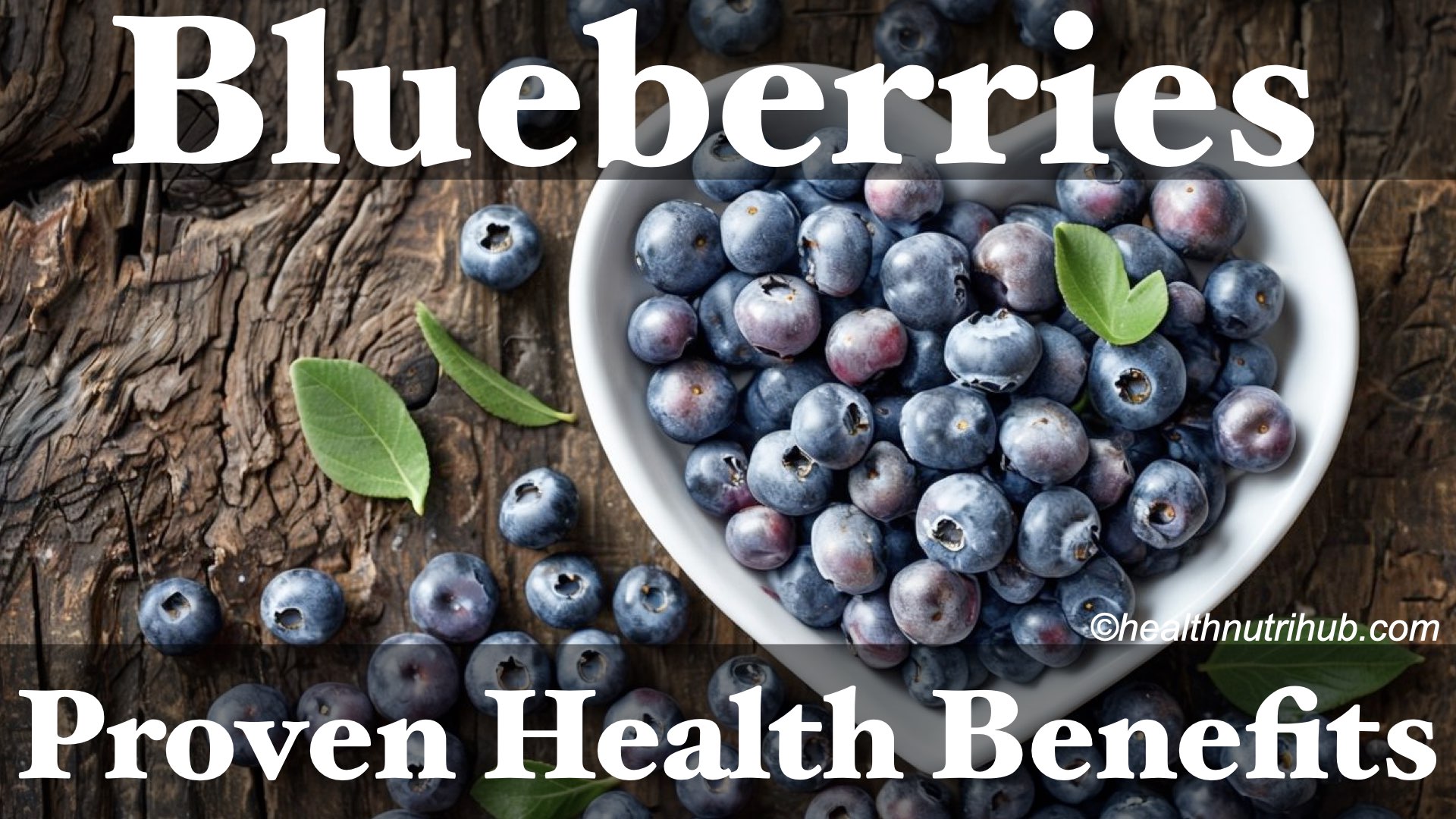Introduction to Broccoli
Let’s understand the superfood ‘Broccoli’.
What is Broccoli?
Broccoli is a green vegetable that belongs to the cruciferous family, which also includes cabbage, cauliflower, and kale. It’s known for its tree-like structure with flowering heads and thick stalks.
Origin and History of Broccoli
Originally cultivated in the Mediterranean, broccoli has been a part of human diets for over 2,000 years. It gained popularity in Europe and eventually made its way to America in the 1700s.
Varieties of Broccoli
There are several types of broccoli available, including the commonly found Calabrese broccoli, sprouting broccoli, and purple cauliflower.
Top 10 Superfoods to Boost Metabolism Naturally
Nutritional Profile of Broccoli
Broccoli is a powerhouse of nutrition, making it an essential vegetable for a healthy diet. Here’s a breakdown of its key nutritional components:
Vitamins:
- Vitamin C: Boosts immunity and acts as an antioxidant.
- Vitamin K: Supports bone health and helps in blood clotting.
- Vitamin A: Beneficial for vision and skin health.
- Vitamin B6: Helps brain development and function.
Minerals:
- Calcium: Important for strong bones and teeth.
- Iron: Essential for creating red blood cells and transporting oxygen.
- Potassium: Regulates fluid balance and muscle contractions.
- Magnesium: Supports muscle and nerve function.
Fiber:
- Promotes digestive health and helps maintain regular bowel movements.
Phytonutrients:
- Sulforaphane: Known for detoxification and anti-cancer properties.
- Indole-3-carbinol: May balance hormone levels and provide protection against certain types of cancer.
Protein:
- Provides essential amino acids needed for various bodily functions.
Low in Calories:
- A low-calorie option that is filling, perfect for weight management.
Water Content:
- High water content helps keep the body hydrated and supports skin health.
Health Benefits of Broccoli
Broccoli is more than just a green vegetable; it is a superfood with numerous health benefits. Here are some key benefits of including broccoli in your diet:
Rich in Antioxidants
Broccoli is loaded with antioxidants, including vitamin C, flavonoids, and carotenoids, which help protect cells from damage caused by free radicals.
Supports Detoxification
The compounds in broccoli, such as glucosinolates and sulforaphane, help the body’s natural detoxification processes, helping to eliminate toxins.
Anti-inflammatory Properties
Broccoli contains powerful anti-inflammatory compounds like kaempferol, which may help reduce inflammation and lower the risk of chronic diseases.
Promotes Cardiovascular Health
The fiber, potassium, and antioxidants in broccoli contribute to heart health by helping to lower cholesterol levels and regulate blood pressure.
Helps Digestive Health
High in fiber, broccoli supports healthy digestion by promoting regular bowel movements and preventing constipation.
May Help Prevent Cancer
Broccoli is rich in sulforaphane, a compound shown to have properties that might help prevent certain types of cancer.
Supports Bone Health
With abundant vitamin K and calcium, broccoli strengthens bones and may reduce the risk of osteoporosis, which is especially important for the elderly and postmenopausal women.
Benefits for Pregnant Women
- Rich in Folic Acid: Supports fetal development and prevents neural tube defects.
- High in Iron and Calcium: Important for maintaining maternal health and supporting fetal growth.
- Vitamin C Boost: Enhances iron absorption and boosts immunity, which is crucial during pregnancy.
Benefits for Children
- Supports Growth: Loaded with vitamins and minerals essential for developing bodies.
- Promotes Eye Health: Contains beta-carotene and vitamin A for healthy vision.
- Boosts Immunity: Rich in antioxidants, helping children to fight off common illnesses.
Benefits for Elderly Men
- Bone Health: High in calcium and vitamin K, reducing the risk of osteoporosis.
- Promotes Heart Health: Contains fiber and antioxidants that help maintain cholesterol levels.
- Cognitive Support: Sulforaphane in broccoli may help in preventing age-related cognitive decline.
Broccoli’s Role in Weight Management
- Low-Calorie, High-Nutrient Option: Ideal for those looking to lose weight without sacrificing nutrients.
- High Fiber Content: Supports digestion and provides a feeling of fullness, reducing overeating.
- Boosts Metabolism: Rich in vitamin C, which may help increase metabolic rate.
Potential Risks and Side Effects
Broccoli is a superfood packed with nutrients, but like any food, it can have potential risks for some people. Here’s what you need to know:
Allergies and Sensitivities with Broccoli:
- Some people might experience allergies to broccoli. Symptoms can include skin rashes, itching, and swelling.
- If you have a known allergy to other cruciferous vegetables, be cautious with broccoli.
Thyroid Concerns with Broccoli:
- Broccoli contains goitrogens, substances that can interfere with thyroid function.
- People with thyroid issues should not consume excessive amounts of raw broccoli. Cooking may reduce goitrogenic effects.
Digestive Issues of Broccoli:
- Broccoli is high in fiber, which is great for digestion, but too much can lead to gas and bloating for some individuals.
- Introduce broccoli slowly into your diet to allow your digestive system to adjust.
Broccoli with Medications:
- Broccoli is rich in vitamin K, which can interfere with blood-thinning medications like warfarin.
- Consult your doctor if you’re on such medications and plan to increase your broccoli intake.
Pesticides in Broccoli:
- Conventionally grown broccoli may contain pesticide residues.
- Wash broccoli thoroughly or opt for organic varieties to minimize exposure.
Culinary Uses of Broccoli
Broccoli is a versatile vegetable that can be prepared in numerous ways. Here’s how you can enjoy it while maintaining its nutritional benefits:
Raw vs Cooked: Nutritional Differences
- Raw Broccoli: Eating broccoli raw ensures you’re getting the maximum amount of certain nutrients like vitamin C and sulforaphane. However, some people find it harder to digest.
- Cooked Broccoli: Cooking, especially steaming, can enhance the availability of other nutrients such as carotenoids and improve digestibility. Steaming is the best method to preserve its nutrients.
Popular Broccoli Recipes
- Broccoli Stir-Fry: Quickly sauté broccoli with a splash of soy sauce and garlic for a quick and healthy side dish.
- Broccoli Soup: Blend cooked broccoli with vegetable broth and seasonings for a creamy and comforting soup.
- Steamed Broccoli: A simple and healthy choice, pair it with lemon juice and a sprinkle of salt for flavor.
- Broccoli Salad: Combine raw broccoli florets with nuts, cheese, and a light dressing for a refreshing salad.
Tips for Cooking and Storing Broccoli
- Cooking Tips: To preserve nutrients, avoid boiling broccoli for too long. Steaming or microwave cooking are excellent options.
- Storing Broccoli: Keep broccoli in the refrigerator and use it within a few days of purchase to maintain freshness. Store it in a loose or perforated plastic bag to allow air circulation.
- Freezing Broccoli: For long-term storage, blanch broccoli first and then freeze it. This helps retain its vibrant green color and nutritional value.
FAQ – Frequently Asked Questions about Broccoli
Below are a few of the questions frequently asked about broccoli.
What nutrients are found in broccoli?
Broccoli is rich in vitamins C, K, and A, fiber, folate, and antioxidants, making it a nutritious vegetable.
What are the health benefits of eating broccoli?
Broccoli supports heart health, boosts immunity, aids digestion, and has cancer-preventing properties.
Is broccoli safe for pregnant women?
Yes, broccoli is safe and beneficial for pregnant women due to its high folate and iron content.
Can children eat broccoli?
Absolutely, broccoli is excellent for children, providing essential vitamins and minerals for growth.
Is broccoli good for elderly men?
Yes, its rich nutrient profile supports bone health and reduces inflammation in elderly men.
Does broccoli help with weight loss?
Yes, broccoli is low in calories and high in fiber, aiding weight management.
Are there any risks associated with eating broccoli?
Broccoli is generally safe, but it may cause bloating or interact with thyroid medication if consumed in large amounts.
Can broccoli cause allergies?
Broccoli allergies are rare but possible; symptoms include itching and swelling.
Should people with thyroid problems avoid broccoli?
People with thyroid issues can eat broccoli in moderation, as cooking reduces goitrogenic effects.
Is it better to eat broccoli raw or cooked?
Both are healthy; raw retains more nutrients, while cooked is easier to digest.
How do I cook broccoli to retain its nutrients?
Steaming broccoli preserves its nutrients better than boiling or microwaving.
What are some popular ways to use broccoli in cooking?
Broccoli can be roasted, steamed, added to salads, or used in stir-fries and soups.
What does broccoli taste like?
Broccoli has a mild, slightly bitter taste with a crunchy texture.
How should I store fresh broccoli?
Store broccoli in the refrigerator, unwashed, in a perforated plastic bag to keep it fresh longer.
How do I know if broccoli is bad?
Bad broccoli has yellowing florets, a strong odor, and a slimy texture.
Is broccoli high in protein?
Broccoli provides a modest amount of protein, about 3 grams per cup.
Can you eat broccoli stems and leaves?
Yes, both stems and leaves are edible and nutritious when cooked properly.
Does broccoli support detoxification?
Yes, its antioxidant content helps eliminate toxins and supports liver detoxification.
How often should I eat broccoli for health benefits?
Including broccoli in your meals a few times a week can offer significant health benefits.
Is broccoli sustainable to grow?
Yes, broccoli is generally a low-impact crop with sustainable farming practices when grown locally.
Reference
When researching and exploring the nutritional and health benefits of broccoli, a valuable resource is the Centers for Disease Control and Prevention (CDC), particularly their article on the “Nutritional benefits of fruits and vegetables” which provides comprehensive insights into how cruciferous vegetables like broccoli contribute to a healthy diet. For more in-depth information, visit their webpage [here]
Disclaimer: The information provided in this article is intended for educational and informational purposes only and is not a substitute for professional medical advice, diagnosis, or treatment. Always seek the advice of your physician or other qualified health provider with any questions you may have regarding a medical condition or dietary concerns. Never disregard professional medical advice or delay in seeking it because of something you have read in this article.

